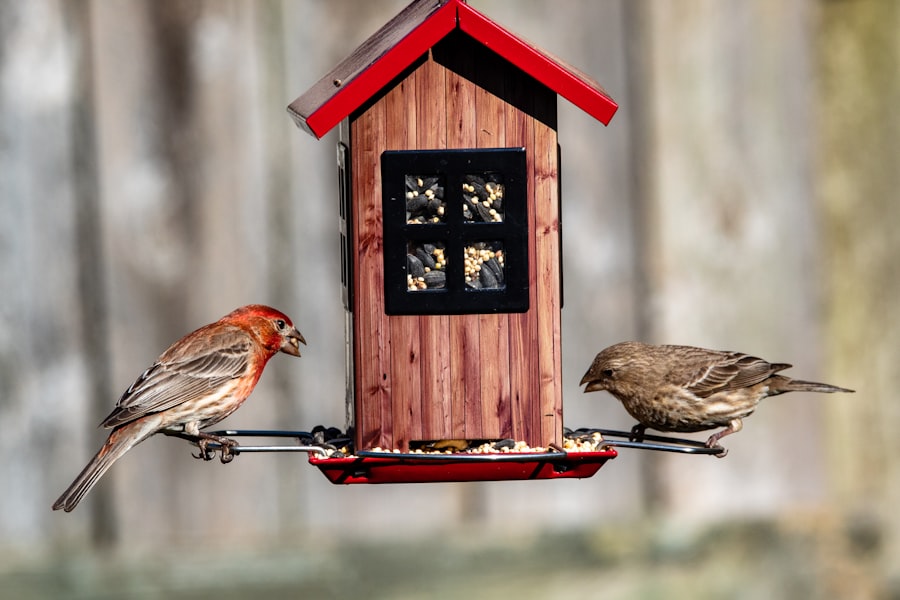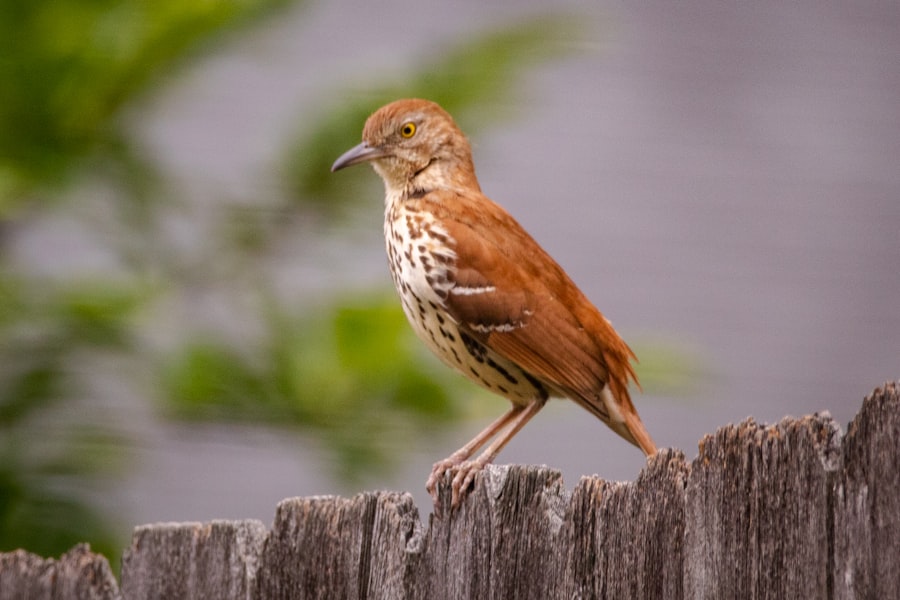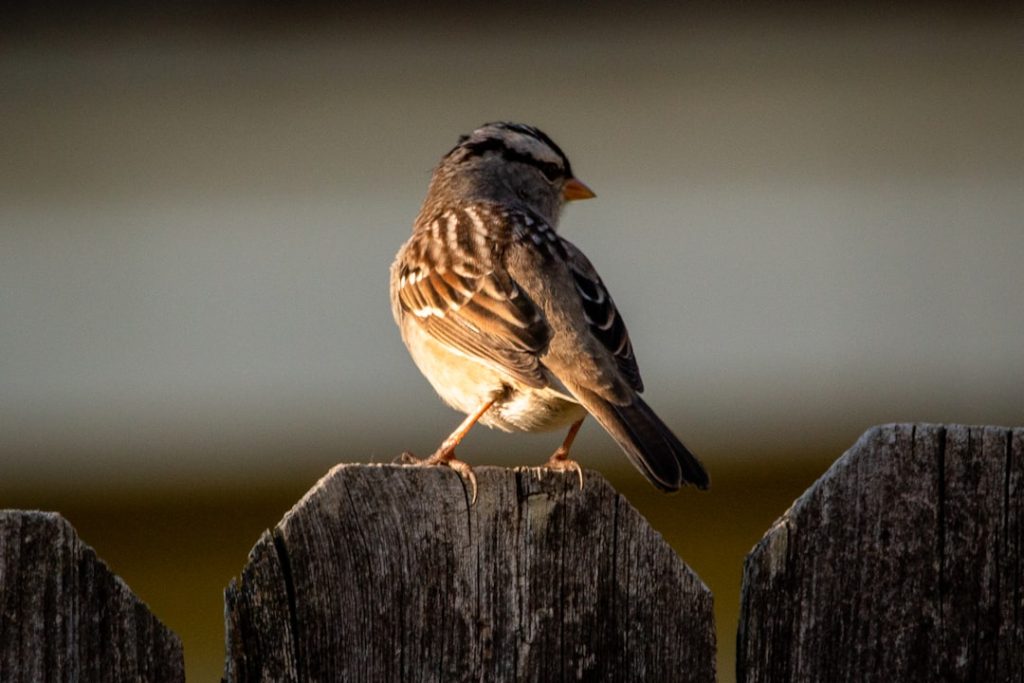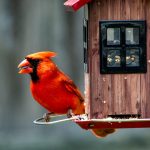When selecting a chicken breed for a backyard flock, several factors should be considered. Climate is a crucial element, as some breeds are better adapted to cold weather, while others thrive in warmer conditions. The intended purpose of the flock is also important, whether it’s for egg production, meat, or both.
Certain breeds are known for their high egg-laying capacity, while others are valued for their meat quality. Dual-purpose breeds are available for those seeking both eggs and meat. Temperament is another significant factor.
Some chicken breeds are docile and friendly, making them suitable for families with children or those who plan to handle their birds frequently. Other breeds may exhibit more aggressive behavior. The available space for the flock should also be taken into account, as some breeds are better suited to confined areas, while others require more room to roam.
By carefully evaluating these factors, including climate adaptability, purpose, temperament, and space requirements, one can select a chicken breed that best fits their specific needs and circumstances.
Table of Contents
- 1 Building a Coop and Run
- 2 Feeding and Watering Your Chickens
- 3 Health and Safety Considerations
- 4 Egg Production and Collection
- 5 Dealing with Predators
- 6 Community Regulations and Permits
- 7 FAQs
- 7.1 What are the regulations for keeping chickens in Adelaide?
- 7.2 What are the benefits of keeping chickens in Adelaide?
- 7.3 What do chickens need to thrive in Adelaide’s climate?
- 7.4 What are some common predators of chickens in Adelaide?
- 7.5 How can I ensure the health and well-being of my chickens in Adelaide?
Key Takeaways
- Consider the climate, space, and purpose of raising chickens when choosing the right breed
- Build a secure and spacious coop and run to protect chickens from predators and provide adequate space for exercise
- Provide a balanced diet and clean water for your chickens to ensure their health and egg production
- Regularly check for signs of illness and implement safety measures to prevent common health issues in chickens
- Collect eggs daily and provide a clean and comfortable nesting area for your chickens to encourage egg production
Building a Coop and Run
Providing Adequate Space
When building a coop and run for your backyard chickens, it’s essential to ensure that your coop provides adequate space for your flock. As a general rule of thumb, each chicken should have at least 2-3 square feet of space inside the coop, and 8-10 square feet of space in the run.
Accommodating Natural Behaviors
In addition to providing enough space, it’s crucial to accommodate your chickens’ natural behaviors. This includes providing roosting bars and nesting boxes inside the coop. When it comes to the run, be sure to provide plenty of shade and protection from predators.
Choosing the Right Materials
The materials you use to build your coop and run are also important considerations. While wood is a popular choice for its natural look and insulating properties, it can be prone to rot and require regular maintenance. Alternatively, metal or plastic coops may require less maintenance but can be less aesthetically pleasing.
Creating a Safe and Comfortable Environment
By carefully considering these factors, you can build a coop and run that provides a safe and comfortable environment for your flock. With adequate space, accommodations for natural behaviors, and the right materials, you can create a happy and healthy home for your backyard chickens.
Feeding and Watering Your Chickens

Feeding and watering your chickens is an essential part of caring for your backyard flock. When it comes to feeding, it’s important to provide a balanced diet that meets your chickens’ nutritional needs. A good quality commercial feed is a great starting point, but you may also want to supplement with kitchen scraps or treats such as mealworms or fruits and vegetables.
Additionally, be sure to provide access to clean water at all times. Chickens can drink a surprising amount of water, especially during hot weather or when laying eggs. It’s also important to keep their waterers clean and free of debris to prevent the spread of disease.
When it comes to feeding and watering your chickens, consistency is key. Establish a regular feeding schedule and check their waterers daily to ensure they have an adequate supply of fresh water. Feeding and watering your chickens is an essential part of caring for your backyard flock.
When it comes to feeding, it’s important to provide a balanced diet that meets your chickens’ nutritional needs. A good quality commercial feed is a great starting point, but you may also want to supplement with kitchen scraps or treats such as mealworms or fruits and vegetables. Additionally, be sure to provide access to clean water at all times.
Chickens can drink a surprising amount of water, especially during hot weather or when laying eggs. It’s also important to keep their waterers clean and free of debris to prevent the spread of disease. When it comes to feeding and watering your chickens, consistency is key.
Establish a regular feeding schedule and check their waterers daily to ensure they have an adequate supply of fresh water.
Health and Safety Considerations
When it comes to keeping your backyard flock healthy and safe, there are several important considerations to keep in mind. First and foremost, be sure to provide regular veterinary care for your chickens. This includes vaccinations and routine check-ups to ensure they remain healthy and disease-free.
Additionally, be sure to keep their living environment clean and free of pests such as mites or lice. Regularly cleaning their coop and run can help prevent infestations and keep your flock healthy. It’s also important to monitor your chickens for signs of illness or injury and address any issues promptly.
Finally, take steps to protect your flock from predators such as raccoons, foxes, or hawks. This may include installing secure fencing or using deterrents such as motion-activated lights or sound devices. When it comes to keeping your backyard flock healthy and safe, there are several important considerations to keep in mind.
First and foremost, be sure to provide regular veterinary care for your chickens. This includes vaccinations and routine check-ups to ensure they remain healthy and disease-free. Additionally, be sure to keep their living environment clean and free of pests such as mites or lice.
Regularly cleaning their coop and run can help prevent infestations and keep your flock healthy. It’s also important to monitor your chickens for signs of illness or injury and address any issues promptly. Finally, take steps to protect your flock from predators such as raccoons, foxes, or hawks.
This may include installing secure fencing or using deterrents such as motion-activated lights or sound devices.
Egg Production and Collection
Egg production is one of the most rewarding aspects of keeping backyard chickens. To ensure a steady supply of fresh eggs, it’s important to provide your hens with a balanced diet, plenty of clean water, and a comfortable living environment. Additionally, be sure to collect eggs regularly to prevent them from being damaged or attracting pests.
Most hens will lay their eggs in nesting boxes inside the coop, so be sure to check these areas daily for fresh eggs. It’s also important to handle eggs with care to prevent breakage and contamination. Once collected, store eggs in a cool place away from strong odors or direct sunlight.
Egg production is one of the most rewarding aspects of keeping backyard chickens. To ensure a steady supply of fresh eggs, it’s important to provide your hens with a balanced diet, plenty of clean water, and a comfortable living environment. Additionally, be sure to collect eggs regularly to prevent them from being damaged or attracting pests.
Most hens will lay their eggs in nesting boxes inside the coop, so be sure to check these areas daily for fresh eggs. It’s also important to handle eggs with care to prevent breakage and contamination. Once collected, store eggs in a cool place away from strong odors or direct sunlight.
Dealing with Predators

Secure Fencing: A Key Deterrent
One of the most effective ways to deter predators is by installing secure fencing around your coop and run. This can help prevent access from ground-dwelling predators such as raccoons or foxes.
Additional Deterrents for Enhanced Protection
Additionally, consider using deterrents such as motion-activated lights or sound devices to scare off potential threats. These can be particularly effective in combination with secure fencing.
Protecting Against Aerial Predators
If you have aerial predators such as hawks in your area, consider using netting or other protective measures to keep them at bay. By taking a multi-faceted approach to predator protection, you can help ensure the safety and well-being of your backyard flock.
Community Regulations and Permits
Before starting a backyard flock, it’s important to familiarize yourself with any community regulations or permits that may apply in your area. Some municipalities have specific rules regarding the number of chickens allowed per property or restrictions on coop placement. Additionally, some areas may require permits or inspections before starting a backyard flock.
By familiarizing yourself with these regulations ahead of time, you can ensure that you’re in compliance with local laws and avoid any potential issues down the road. Before starting a backyard flock, it’s important to familiarize yourself with any community regulations or permits that may apply in your area. Some municipalities have specific rules regarding the number of chickens allowed per property or restrictions on coop placement.
Additionally, some areas may require permits or inspections before starting a backyard flock. By familiarizing yourself with these regulations ahead of time, you can ensure that you’re in compliance with local laws and avoid any potential issues down the road. In conclusion, keeping backyard chickens can be a rewarding experience that provides fresh eggs, natural pest control, and entertainment for the whole family.
By carefully considering factors such as breed selection, coop design, feeding and watering practices, health considerations, egg production methods, predator protection measures, and community regulations before starting a backyard flock, you can create a safe and comfortable environment for your feathered friends while ensuring that you’re in compliance with local laws.
If you’re considering keeping chickens in Adelaide, you may also be interested in learning about turning a shed into a chicken coop. This article from Poultry Wizard provides helpful tips and guidance on how to repurpose a shed into a comfortable and functional living space for your feathered friends. Whether you’re looking to repurpose an existing structure or considering renting a chicken coop, this article offers valuable insights into creating a suitable environment for your chickens. (source)
FAQs
What are the regulations for keeping chickens in Adelaide?
In Adelaide, the regulations for keeping chickens vary depending on the specific council area. Generally, there are rules regarding the number of chickens allowed, coop size, distance from neighboring properties, and waste management. It is important to check with the local council for specific regulations.
What are the benefits of keeping chickens in Adelaide?
Keeping chickens in Adelaide can provide a sustainable source of fresh eggs, natural pest control in the garden, and a source of organic fertilizer. Additionally, chickens can be great pets and provide a sense of connection to nature.
What do chickens need to thrive in Adelaide’s climate?
Chickens in Adelaide require a well-ventilated coop to regulate temperature, access to fresh water at all times, and protection from extreme heat and cold. It is important to provide shade and shelter from the elements, as well as access to a balanced diet of grains, greens, and protein.
What are some common predators of chickens in Adelaide?
Common predators of chickens in Adelaide include foxes, cats, dogs, and birds of prey. It is important to secure the coop and run with sturdy fencing and locks to protect the chickens from potential threats.
How can I ensure the health and well-being of my chickens in Adelaide?
To ensure the health and well-being of chickens in Adelaide, it is important to provide a clean and safe living environment, access to fresh water and a balanced diet, regular health checks, and protection from predators. Additionally, providing opportunities for exercise and mental stimulation can contribute to the overall well-being of the chickens.
Meet Walter, the feathered-friend fanatic of Florida! Nestled in the sunshine state, Walter struts through life with his feathered companions, clucking his way to happiness. With a coop that’s fancier than a five-star hotel, he’s the Don Juan of the chicken world. When he’s not teaching his hens to do the cha-cha, you’ll find him in a heated debate with his prized rooster, Sir Clucks-a-Lot. Walter’s poultry passion is no yolk; he’s the sunny-side-up guy you never knew you needed in your flock of friends!







